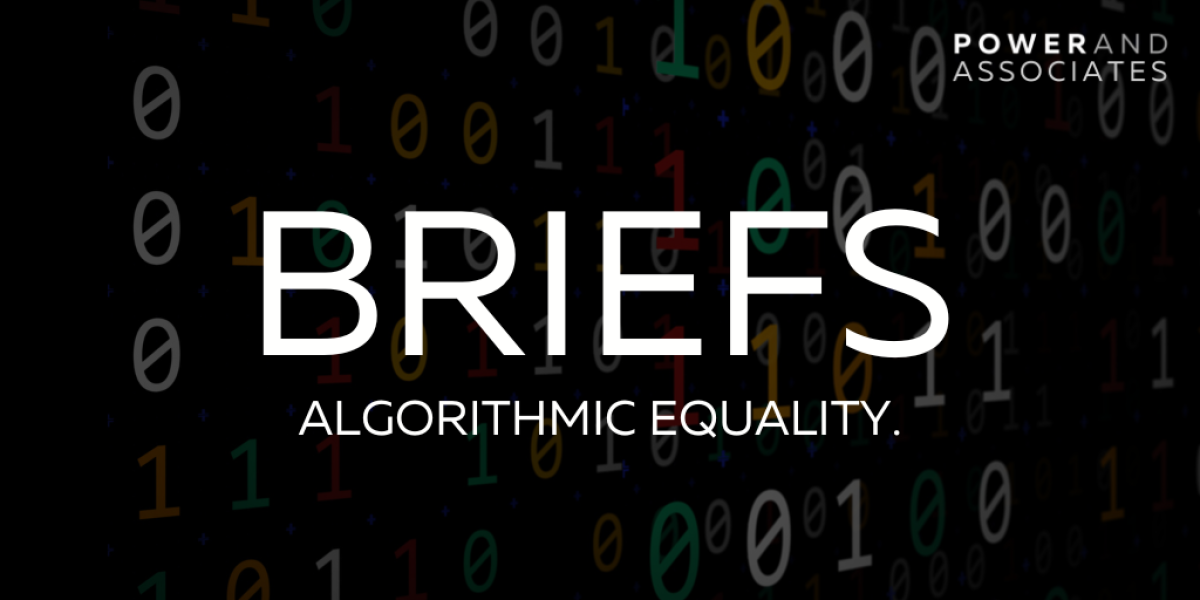Canada: Court rules that Google not entitled to journalistic exemption for data processing
Background
On 8 July 2021, the Federal Court of Ottawa, Ontario delivered its ruling regarding a reference submitted to it by the Privacy Commissioner of Canada (the Commissioner).
The reference was submitted in respect of the Commissioner’s investigation of a complaint made in June 2017 against Google LLC, claiming that Google contravened the Personal Information Protection and Electronic Documents Act (PIPEDA) by displaying links to news articles that contained personal and sensitive information concerning the complainant when his name was searched on Google. According to the complainant, the news articles that Google displays in its search results contain outdated and inaccurate information, disclose sensitive information, and has caused direct harm to him including physical assault, lost employment opportunities and severe social stigma.
As explained in the ruling, Google’s search function operates through three basic functions: crawling, indexing and displaying search results. When an individuals enters a search query, Google uses algorithms to display search results linking to the relevant pages in the index, ranked from the most to the least relevant. Google displays responses to a user search query in the order that Google considers likely to interest the user as determined by the algorithms maintained by Google, which analyse many different factors, including how recent the content is and the number of times it has been linked to by prominent websites.
For news articles, like the content at issue in the case, news organisations control what stories appear in the Google search results as part of their overall journalistic mission: first, by deciding what to publish on their website; second, by deciding whether to remove or change any information on their website; and third, they can use robots.txt files to direct Google on which stories from their websites to include in the Google search results. According to the ruling, Google generates revenue when users click on advertisements displayed in a search result.
Questions for consideration
The two questions submitted by the Commissioner for determination were as follows:
- Does Google, in the operation of its search engine service, collect, use or disclose personal information in the course of commercial activities within the meaning of paragraph 4(1)(a) of PIPEDA when it indexes webpages and presents search results in response to searches of an individual’s name?
- Is the operation of Google’s search engine service excluded from the application of PIPEDA because it involves the collection, use or disclosure of personal information for journalistic, artistic or literary purposes and for no other purpose?
Findings with regard to the first question
With regard to the first question, Google did not deny being an organisation that collects, uses or discloses personal information as contemplated in terms of PIPEDA. However, Google disputed that this provision was meant to apply to online intermediaries who convey or disseminate the free speech of third parties; in such circumstances, Google submitted that the publishers, not the intermediary, are the ones who collect, use or disclose content.
According to the Court: “[U]nless it is forced to do so, Google has no commercial interest in de-indexing or de-listing information from its search engine. In my view, every component of that business model is a commercial activity as contemplated by PIPEDA. To have a microscopic look at the free aspect (i.e. no payment in money made) of the search for the user, or to the free aspect of the ‘library service’ provided to news media would be, in my respectful view, a misunderstanding of Google’s business model. All these activities are intertwined, they depend on one another, and they are all necessary components of that business model.”
Accordingly, the Court answered the first question in the affirmative.
Findings with regard to the second question
With regard to the second question, Google contended that the purpose of the journalistic exemption was to protect rights like freedom of expression, and should be interpreted broader that simply reporting and publishing news stories. Rather, according to Google, the journalistic exemption should be interpreted to include indexing and displaying content for journalistic purposes. Google argued that the dissemination of journalistic content is part of the ordinary meaning of the word “journalism”.
The Court agreed that Google facilitates access to information, such as news media, and that facilitating access to information is often associated with publishing said information. The Court noted further that an ordinary understanding of the word “journalism” encompasses content creation and content control. According to the Court, citing its previous jurisprudence, an activity should qualify as journalism only where its purpose is to (i) inform the community on issues the community values; (ii) it involves an element of original production; and (iii) it involves a self-conscious discipline calculated to provide an accurate and fair description of facts, opinion and debate at play within a situation.
In applying this definition, the Court took the position that Google does not satisfy this definition of journalism. In this regard, it noted that even though Google returns some journalism in its search results, its search results clearly extend beyond journalism.
Accordingly, the Court answered the second question in the negative.
The ruling is accessible here.
Please note: The information contained in this note is for general guidance on matters of interest, and does not constitute legal advice. For any enquiries, please contact us at [email protected].





